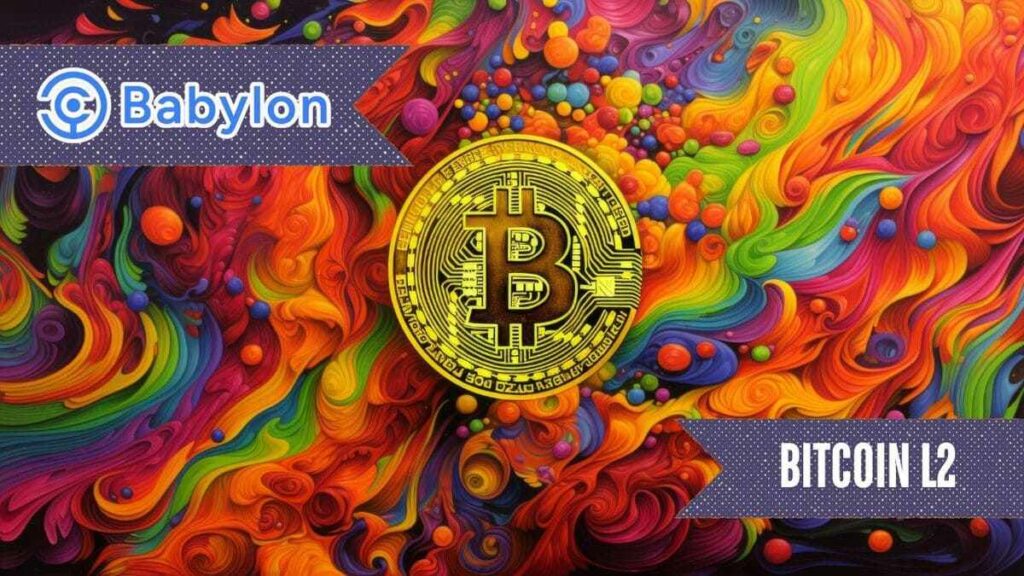TL;DR
- Babylon Labs anticipates an increase in fees at its Cap-2 event due to high demand for Bitcoin staking.
- The minimum deposits will be 0.005 BTC, while the maximum allowed is set at 500 BTC.
- The event aims to promote the adoption of Bitcoin on a layer 2, facilitating liquid staking with non-custodial control.
Babylon Labs is preparing for its upcoming Bitcoin (BTC) delegation event, known as Cap-2, initially scheduled for October 9, although it is anticipated to start on October 8 due to the rapid block production.
This event follows the last session that resulted in a significant increase in BTC transaction fees, which could happen again this time. Users will have a period of exactly 10 blocks to make their deposits. Current fees are averaging $1.19, with minimum values around $0.84, reflecting the decrease in network congestion following a drop in the use of applications like Ordinals and Runes.
⏳ The countdown is on! ⏳
Get ready to stake your BTC— We’re about 6 hours away from the Cap-2 launch!
⏰ Estimated start time: 7PM UTC
— Babylon (@babylonlabs_io) October 8, 2024
However, the Cap-2 event is expected to cause an increase in fees, possibly exceeding $7 as it did previously. This phenomenon is due to the growing demand from users seeking to take advantage of the opportunity to earn passive income through staking.

How Will the Babylon Event Work?
The event will have a minimum limit of 0.005 BTC for deposits, while the maximum is set at 500 BTC. Transactions will be accepted until block 864799, and those that do not reach this block will incur an additional fee of 0.00032 BTC to unlock the funds.
Babylon Labs focuses on providing a non-custodial staking mechanism, allowing users to retain full control over their assets. During the first staking session, a total of 18,187 depositors contributed 1,000 BTC, which were distributed among several finality providers. This delegation system allows the locked BTC to be used to vote on protocol finality, and those who act maliciously will see their funds reduced.

A Layer 2 Ecosystem for Bitcoin
Additionally, Babylon seeks to establish a layer 2 (L2) ecosystem for Bitcoin, similar to that of Ethereum and Solana, without the need for a centralized coordinator. This approach aims to facilitate access to liquid staking capabilities on the BTC blockchain, strengthening its infrastructure and promoting adoption in the real world.
Wallets participating in staking must be Web3-enabled, restricting eligibility to specific platforms such as Bitget and Binance. Babylon aims to create a more dynamic and accessible environment for BTC users










